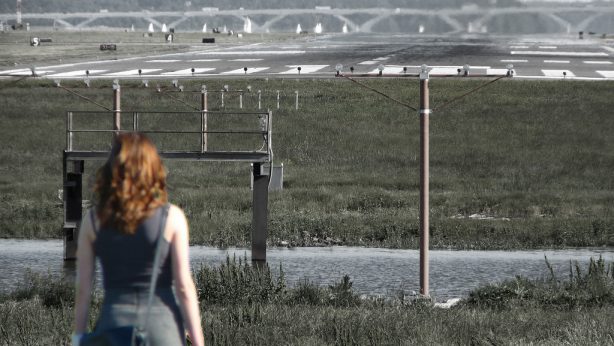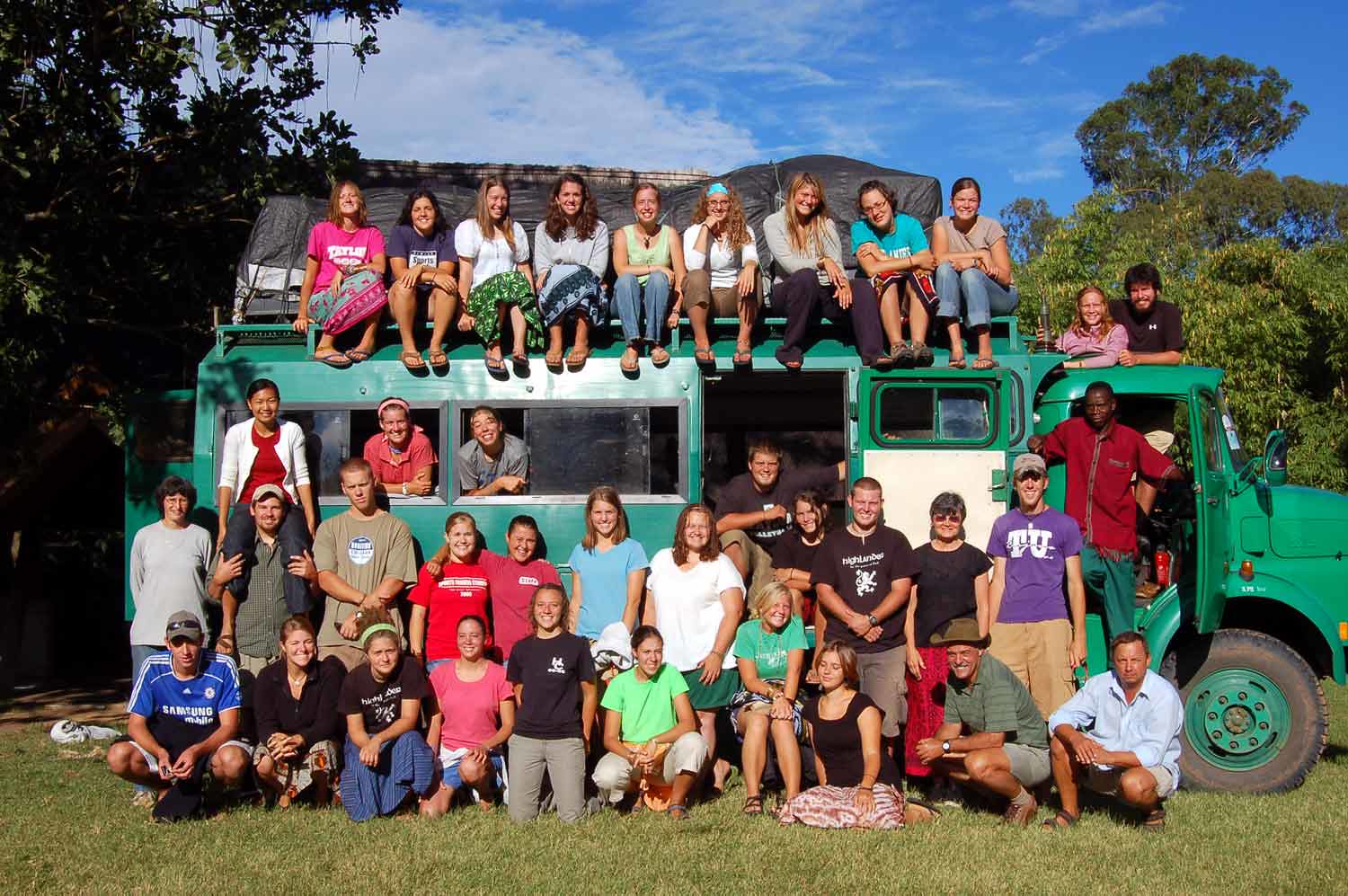Travelling changes us. Even domestic travel can have a deeply positive psychological effect, whether it be to an unfamiliar city or a natural park, you gain knowledge, and even appreciation for a particular place. But domestic travel can have limits because you are traveling within your home country. Cultures can remain familiar, even despite slight regional differences. International travel on the other hand, throws you far outside your comfort zone. By doing so you learn new things about yourself.
The Experience
You are now walking in the place that you only knew about through a movie you watched or a picture you took a glance at. All of your senses are being used. The roads may be different. You see and smell food that is exotic to you. The temperature is probably the opposite of where you are from. And of course the language is different – hearing people talk to the street signs. You may be confused at times, but you’re enjoying yourself because this is a new place for you to explore. You have left your comfort zone and soon you will find a new routine.
Learning New Things
Not every place in the world has English as the official language. Sooner or later you will have to speak the native dialect. You don’t necessarily have to master an entire language, but learning key phrases helps. You will also learn about different customs and practices. What may be considered taboo can be the norm in other places, eating bugs for example.
Cultural Inclusiveness
We often read about other cultures, but don’t get to experience them with the people who are a part of them. And at times we question why people do things a certain way. Time abroad will help to understand underlying values. In doing so, it gives us a broader perspective. We understand why leisurely breaks are taken in the middle of a workday in some places, or why time is of the essence in others. We obtain more information regarding issues and conflicts.
Psychological Benefits
You’re trying new things and engaging in new experiences, which help boost your confidence. You network with foreigners, which give you access to opportunities abroad (jobs or a place to stay). All of these affect your personality. Because when the trip is over you have gained knowledge about a particular culture – from its practices to its history. And traveling doesn’t always go smoothly, but it is during these times of difficulty that allow you to mature as a person. Because these difficult situations – dealing with language barriers, delays, or finding detours – allow you to think and practice patience. You gain new ideas that can kindle your curiosity.
photo credit: zachstern Left Behind via photopin (license)
[accordion_tab title=”Collegiate Correspondent: Gabriel Pacana” default]




[/accordion_tab]





